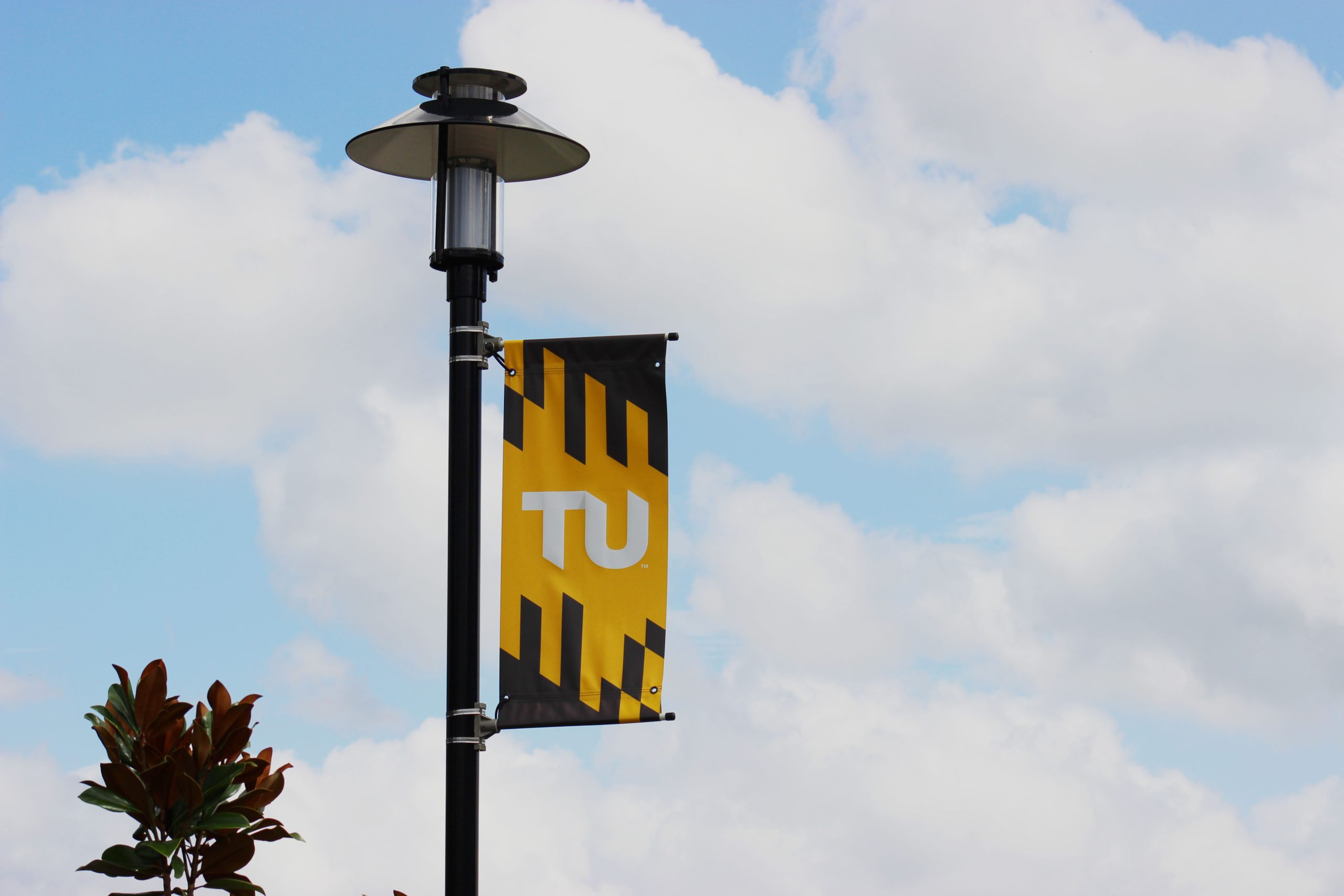
Understanding the Education Department’s oversight of Towson University
By Sarah Sternhagen, Editor-in-Chief
President Donald Trump signed an executive order in late March calling for the U.S. Department of Education to take the “maximum extent appropriate and permitted by law” to shut down, an act that requires congressional approval. The Education Department plays a major role in higher education, including awarding grants, managing federal student loans and aid, and investigating civil rights violations.
The order follows Trump’s campaign promise to close the department and “return education to the states,” a long-standing goal of the GOP since the agency’s creation in 1979. State and local education officials already determine K-12 curricula but Trump has argued the federal government has interfered with parents’ rights to determine what school their child can attend.
The American Federation of Teachers, the American Association of University Professors, and two Massachusetts public school districts sued the administration in federal court days after Trump signed the order. They say the order is illegal because only Congress can dismantle the department and that the mass removal of 50% of its staff means it won’t be able to perform its legally required duties.
A Towson spokesperson directed The Towerlight’s request for comment on the executive order to the University System of Maryland, whose spokesperson said it is “monitoring the developments from the administration” and waiting for details on how it could affect system universities.
To better understand the effect of Trump’s executive order, The Towerlight took a look at the ways the Education Department works with and oversees Towson.
Awarding Grants
Towson University receives eight grants from the Education Department, according to financial documents The Towerlight received in a public records request.
The largest is $5 million for the Teacher Quality Partnership program, which helps train K-12 teachers. Towson uses the grant, which is also its largest across the entire institution, to help train teachers to eventually fill vacant K-6 teaching positions in Montgomery County and Baltimore County.
The Education Department terminated the grant for colleges nationwide in February, but a judge temporarily blocked the cut in March after a collection of states sued the administration. The judge’s order temporarily restored grant funding to colleges in states that filed the lawsuit.
The Trump administration asked the Supreme Court last month to allow it to cancel the grants. The administration argued a federal district judge can’t force the government to pay money the president deems “inconsistent with the interests of the United States.”
Towson receives $4.86 million from seven other Education Department grants. The largest among those is a $2.6 million grant that funds a Towson University program that helps educators work with students who are learning English. It’s known as the Enhancing Literacy for English learners: Valuing Assets through Engagement program, or ELEVATE.
Other Education Department grants help send educators abroad to improve their Spanish language skills and support low-income parents who are pursuing college education by providing child-support services.
Student Loans and Aid
The Education Department is the largest student financial aid provider in the country, managing a $1.6 trillion portfolio. Trump told reporters that the portfolio would move to the Small Business Administration “immediately” but did not give specifics on the process.
Students can take out federal financial aid and loans through the Education Department. Towson draws financial aid directly from the Education Department. For the 2022-23 academic year, 43% of Towson students received federal loans and received $6,334 on average, according to the The Integrated Postsecondary Education Data System, or IPEDS, which contains data on colleges that receive federal funding.
In the same year, 34% of students received Pell Grants, which are for low- and moderate-income students and do not have to be repaid. The average Pell Grant award that year was $5,205 per student.
Enforcing Students Civil Rights
The Education Department’s Office for Civil Rights ensures students have equal access to education, including by investigating complaints related to race, sex and disability discrimination.
OCR has reportedly cut 240 of its 568 staff and eliminated seven of its regional branches throughout the country. A disability rights group sued the Education Department over the cuts, saying the layoffs prevent OCR from fulfilling its legal duties.
OCR is currently investigating Towson, along with more than 40 other colleges, for alleged civil rights violations by working with The PhD Project, a nonprofit that aims to diversify the workplace by helping underserved groups earn business degrees.
OCR has three other open investigations into Towson. OCR will often open these investigations upon receiving a complaint, but they do not necessarily mean the university violated civil rights law. One from 2022 and one from 2024 are for alleged violations of Title IX, a federal law banning sex-based discrimination. A complaint from 2024 is for an alleged disability benefits denial.
